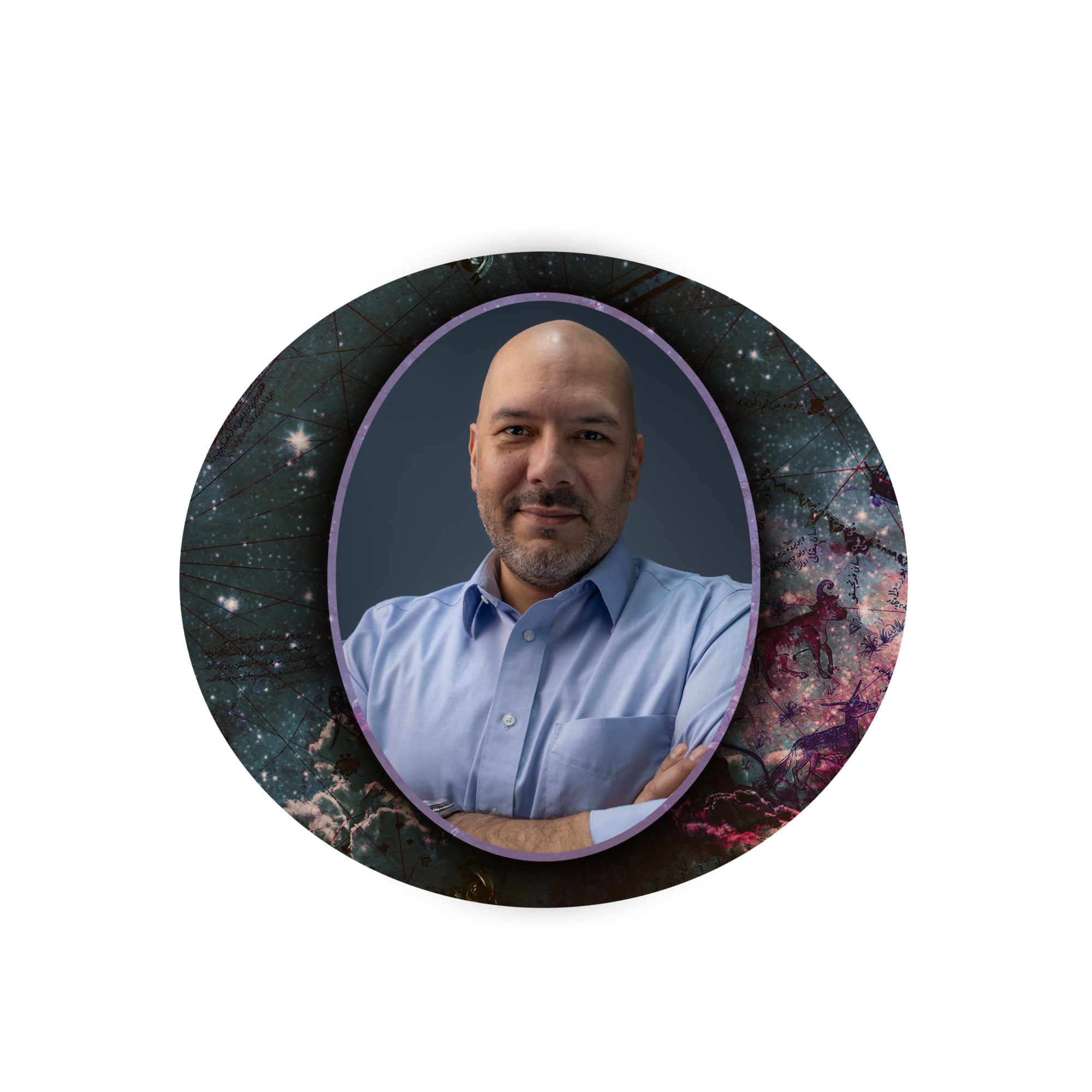Advent and Christmas Must Be About Community
Ecclesiastes 3:1-13; Psalm 8; Revelation 21:1-6a; Matthew 25:31-46
The coming of an anointed leader – a leader chosen, selected, and conferred a purpose – is a hope, an expectation, of many of us. According to our holy scriptures, this hope has been in the minds and hearts of Jews for millennia. For Christians, however, the advent of an anointed leader seems to have been reduced to a time of remembering what was. The liturgies many of us have participated in reminded us of old promises about what, how, and for whom an anointed leader would come to live out a purpose for hope, peace, joy, and love to the world. Come Christmas day and the remembering ends abruptly, if not haphazardly. Many celebrate the birth of Jesus as the sole fulfillment of those promises of an anointed leader. And we move onto the next season. And it is very convenient. It is convenient liturgically because this interpretation facilitates the connection of Jesus and the Christmastide with Advent. As to the Christian witness, this interpretation will injure the church’s identity as a community of co-laborers with Jesus. Advent is not about promises fulfilled. Advent is about the continuing fulfillment of promises of a better world, a promise fulfilled through time and space through the committed partnership of humans and the divine. Christmas is not about the birth of the anointed leader. Christmas is about the commitment of the divine to work with the oppressed to foster communities of solidarity in the face of enmity, of well-being in the face of violence, of dignity in the face of marginalization, of life in the face of death.
Christmas is about the commitment of the divine to work with the oppressed to foster communities of solidarity in the face of enmity, of well-being in the face of violence, of dignity in the face of marginalization, of life in the face of death.
Worshipping, reading scripture, and engaging in mission and witness in a decolonial way requires an understanding that hope, peace, love, and joy are not the works of the divine alone. A liberationist lens for reading scriptures will affirm these are the actions of a community of humanity and the divine. The lessons of Advent and Christmas, the telling of the history of hope and expectation for the incursion of the divine in earthly affairs, is also a reminder that this is an incursion of divine solidarity with creation, of God coming alongside the created order to repair and reconcile.
The lessons of Advent and Christmas, the telling of the history of hope and expectation for the incursion of the divine in earthly affairs, is also a reminder that this is an incursion of divine solidarity with creation, of God coming alongside the created order to repair and reconcile.
Often described as the “suffering servant,” Isaiah 53 speaks of a person who takes on pain and suffering for the sake of the world. The people for whom Isaiah 53 was originally written were people oppressed – denied the possibility of living in their motherland, which was under colonial rule. The narrative of liberation in this portion of the Book of Isaiah is one of the restoration of the dignity of the people of Judah, a dignity that is implied in the return of the people to Jerusalem. In Isaiah 53, however, we see something else. The work of restoring dignity for those forced into physical (cultural and liturgical) exile is acted by a person who shows presence and solidarity in the suffering of the people.
It is not difficult for Christians to read the description in this chapter and see connections with the story of Jesus. I want to invite us to consider that Jesus is one possible fulfillment of the prophecy of Isaiah 53. The people of Judah in the time of Isaiah hoped for liberation. Judeans of the first century hoped for liberation. There are many today in the United States and throughout the world who hope still for liberation. There are Jewish and Christian theologies that suggest that the person described in Isaiah 53 can very well be a person (or a community of people) committed to presence, solidarity, and liberation. The church affirms in the Christmastide that Jesus was a committed leader for first-century Judeans. I believe such wholeheartedly. As a minister who seeks to read the times through a decolonial lens and to strategize for an abundant life that liberates people, I have to believe that today other servants of and in the community gather in solidarity to find ways to live up to the promises and challenges of Isaiah 53. Said another way, the work of Jesus in the first century, perhaps in fulfillment of the prophecy of Isaiah 53, calls the Church to collaborate with the community and with the divine in fulfilling the prophecy today. The Church, then, is liberated from thinking that the work of Jesus is the only and final fulfillment of the promises of old. Moreover, the Church is challenged to understand itself as a part of this community for the fulfillment of the promises of liberation.
The Church, then, is liberated from thinking that the work of Jesus is the only and final fulfillment of the promises of old. Moreover, the Church is challenged to understand itself as a part of this community for the fulfillment of the promises of liberation.
The relationship of Jesus with prophesy and actions in the world are models of how the church should go about its own relationship with the promises in our sacred scriptures and how we discern our presence and action in our communities. At the height of Mark 6, the gospel writer narrates Jesus’ return to his hometown and teaching in the synagogue. The parallel narrative in Luke 4 has Jesus read scripture from Isaiah 61 and affirm that the prophecy was fulfilled in the hearing of the congregation. Although many Christians can say simply, that the fulfillment of the prophecy means that Jesus was it, what follows after in the narratives of Mark and Luke, I think, suggests that in both occasions, the gospel writers were witnessing an invitation to the early church (and I suggest to us as well) to join in the redemptive and reconciling work of God in the world as described in the prophecy of Isaiah. That invitation is not to expect an ultimate divine solution to the problems of the world. Rather, the invitation is to work and act in the world here and now.
As we keep reading the narratives of Mark and Luke, what I see is Jesus shifting the understanding of the prophecies as the act or commitment of an individual to the call and commitment of a whole community. In Mark 6:7ff we see Jesus convening a community of practice. In Luke 5 and on, we see Jesus gathering a community of learning. As we begin a New Year and journey through the last days of the Christmastide (Happy Three Kings Day on January 6!), as the United States is in dire need of focus and peace, as the whole created order requires an intervention that ushers in dignity, solidarity, and reconciliation, the Church is called to embrace the promises of Advent and the witness of Christmas by responding to the call of God to become communities that learn and practice the ways of hope, peace, joy and love.
As we keep reading the narratives of Mark and Luke, what I see is Jesus shifting the understanding of the prophecies as the act or commitment of an individual to the call and commitment of a whole community.
Becoming communities of learning and practice, also requires the church to be intentional and committed to understanding itself as being a part of the broader context. I am of those who believe that, for decades, the US (and more broadly Western) Christianity has spent too much of its resources believing it has an exceptional position in society. There are many in our congregations that still grapple with the fact that the Church is no longer the moral center of American society. Perhaps it never was. However, as followers of Jesus, we do have a responsibility to be with and alongside the disenfranchised and marginalized in society. What Advent and Christmas remind the Church is that it is a community convened to practice hope, peace, joy, and love, and is gathered to learn from the communities we have been set aside to sojourn in. The Church can do this following the call to Christian communities likes those in first-century Galatia to reject uniformity and embrace diversity (Galatians 3). The call to action and witness for liberation the Church today is called into is certainly to and with the world. To be able to engage in that work, however, the Church (especially the US Church) must be willing to be liberated. May the promises we remember in Advent and the witness we commemorate in Christmas free us in spirit, body, and soul to be learners and practitioners of liberation.

Before his call to social NGO/not-for-profit leadership, Amaury Tañón-Santos served as pastor of congregations in urban contexts of New York and New Jersey. He also served in higher theological education as program director in multicultural ministry, faith and public life, and Latina/o leadership formation, and as staff in regional church ministry. His journey in religious vocation, community engagement, and urban life began in his native Puerto Rico (the traditional land of the Borikén Taíno).
Amaury has degrees in Spanish Caribbean and Latin American history from the Universidad de Puerto Rico en Cayey (BA), in religion and society from Princeton Theological Seminary (MDiv), and in urban studies and intercultural engagement from New Brunswick Theological Seminary (DMin). He is also an alumnus of Duke Divinity School’s Foundation of Christian Leadership, and part of the Glean Network through its SHIFT and START programs.
Amaury lives in the Capital Region of New York State (in the traditional land of the Mohican people), is the spouse of Jeannette, and the parent to Aiden Paul and Sebastián Mikel.



Unbound Social